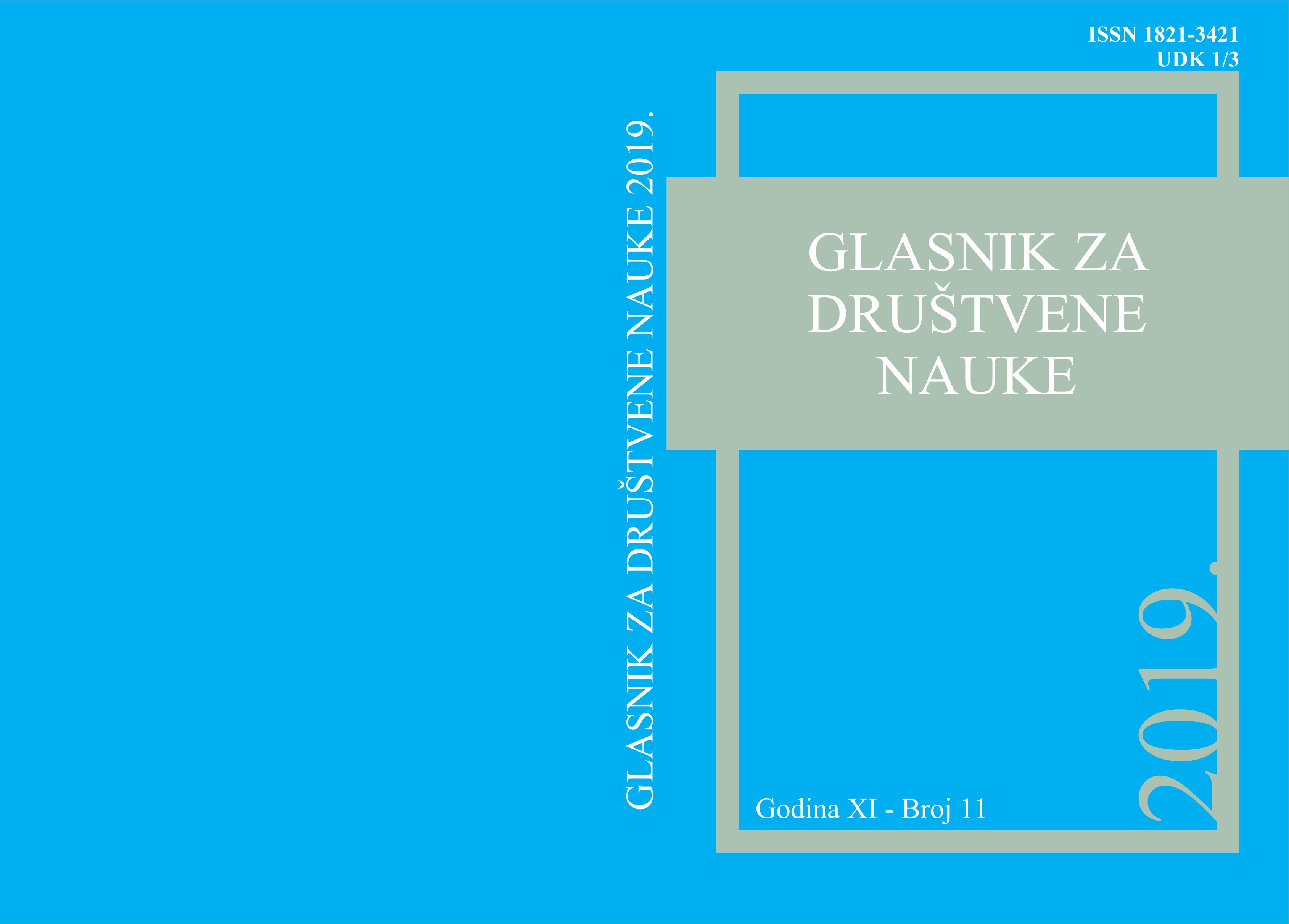DEVELOPMENT DIPTYCH IN THE POST-SOCIALIST GROWTH EXPERIENCE
−WITH REFERENCE TO SERBIA –
Keywords:
Institutions, rhythm of institutional change, revolution vs. step-by-step change, reforms, centralism, decentralization, socialism, collectivism, self-management, coercion, political power as a source of inequality, breakdown of the systems, economic development, extensive development, economic efficiency, rate of technical progressAbstract
An unusual, seemingly incompatible combination of facts has occurred in a not so small number of post-socialist economies. All of them switched from collectivistically structured, administratively ruled economies to the market based, appropriately decentralized institutional systems. The firmly held theory and a mountain of empirical evidence implied that this historical institutional shift would greatly enhance efficiency of the economies and their badly needed growth potential. The actual movements did not follow the theoretically indicated directions and the performance of the newly reformed economies left much to be desired. Some episodes of the renowned extensive socialist growth delivered the rate of growth of the economy which turned out incomparably higher in comparison with current post-socialist times. Similarly and in line with that, the output of basic necessities expanded much more rapidly, hosing construction offered incomparably larger number of apartments and social policy system seems to have taken a more conscientious and more efficient care of the needed. Finding a job for people of quite different educational profiles was much easier and more reliable...
References
prepared for the scientific conference of the Academy of Economic Sciences, Belgrade, Velike alternative u izgradnji institucionalnog poretka.
2. Cohen, Stephen F. (1980/1973/). Buharin i boljševička revolucija. Rijeka: Otokar Keršovani. Translated to Serbo-Croat by Nikola Kršić.
3. Deutscher, Isaak (1977/1967/). Staljin – politička biografija. Zagreb: Globus. Translated to Serbo-Croat by Konstantin Miles.
4. Epstein, Richard (2015). Our Fickle Fed. Defining Ideas. October
5. Geler, Mihail i Aleksandar Nekrics (2000/1986/). Utopija na vlasti – Istorija Sovjetskog Saveza. Podgorica: CID. Translated from Russian to Serbo-Croat by Branislav Marković and Marija Marković.
6. Hanke, Steve H. (2016). Unraveling the Secular Stagnation Story. Global Asia. September.
7. Horvat, Branko et al. (1962). Uzroci i karakteristike privrednih kretanja u 1961. i 1962. godini. Beograd: SZPP, DAM –7.
8. Horvat, Branko (1969). Privredni ciklusi u Jugoslaviji. Beograd: Institut ekonomskih nauka.
9. Horvat, Branko (1974). The Relation Between the Rate of Growth and the Level of Development. Journal of Development Studies 3-4, 382-394.
10. Horvat, Branko (1984). Jugoslavenska privreda 1965-1983 – Prognoze i kritike. Ljubljana i Zagreb: Cankarjeva založba.
11. Horvat, Branko (2001). Ogledi iz ekonomike privrednog planiranja. Beograd: Savezni sekretarijat za razvoj i nauku.
12. Horvat, Branko (2002). Kakvu državu imamo, a kakvu državu trebamo. Zagreb: Prometej.
13. Lewis, W. Arthur (1963/1954/). Economic Development With Unlimited Supplies of Labor. The Manchester School, May; reprinted in A.N. Agarwala and S.P. Singh, eds. The Economics of Underdevelopment. New York: Oxford University Press – A Galaxy Book, 400-449.
14. Madžar, Ljubomir (1968), Mesto zaliha u procesu društvene reprodukcije –doktorska disertacija. Beograd: Ekonomski fakultet.
15. Madžar, Ljubomir (1990). Suton socijalističkih privreda. Beograd: Ekonomika i Institut ekonomskih nauka.
16. Madžar, Ljubomir (1992a). Anatomija jugoslovenskog privrednog čuda (1953-64). Ekonomski anali XXXVI, br. 113, juli-avgust, 45-76.
17. Madžar, Ljubomir (1992b). Zlatni period i ostala čuda – demistifikacija jednog realsocijalističkog mita. Ekonomist 45, 3-4, 1-20,
18. Madžar, Ljubomir (2011). Iskušenja ekonomske politike u Srbiji. Beograd: Službeni glasnik.
19. Mandeljštam, Nadežda (1984/1983/). Sećanja i razmišljanja I i II. Beograd: Prosveta. Prevela Anđelija Demetrović – Matijašević.
20. Meltzer, Allan H: (2014). Recent Major Fed Errors and Better Alternatives. Manuscript forwarded by the courtesy of Professor S. Pejovich.
21. Mihailović, Srećko (2010). Priča o tranziciji ili naracija o našim beskrajnim menama. In Srećko Mihailović, ed. Kako građani Srbije vide tranziciju
Istraživanje javnog mnenja tranzicije. Beograd: Friedrich Ebert Stiftung, 7-28.
22. Milošević, Nikola (2000). Pogovor. U knjizi Gelera i Nekricsa op. cit. 763-761.
23. Nolte, Ernst (1990/1963/). Fašizam u svojoj epohi: Beograd: Prosveta. Translated to Serbo-Croat by Mirjana Popović and Zlatko Krasni.
24. Nutter, G. Warren (1983/1959/). The Structure and Growth of Soviet Industry:A Comparison with the United States. Selection of essays Political Economy and Freedom. Indianapolis: Liberty Fund, 151-180.
25. Nutter, G. Warren (1983/1965/). The Soviet Stir: Economic Crisis and Response. In the Selection Political Economy..., op. cit. 181-188.
26. Pejovich, Svetozar (1998/1995/). Economic Analysis of Institutions and Systems. Dordrecht: Kluwer Academic Publishers. Second edition.
27. Poper, Karl R. (1993/1971/). Otvoreno društvo i njegovi neprijatelji. Beograd: BIGZ.
28. Rid, Džon (1967/1919/). Dese dana koji su potresli svet. Beograd: Mlado pokoljienje. Translated to Serbo-Croat by Jovan Mesarović
29. Tasić, Slaviša (2016). Šta je kapitalizam i zašto nam je potreban? Beograde: Heliks


